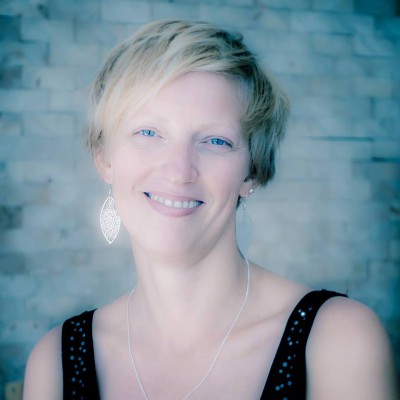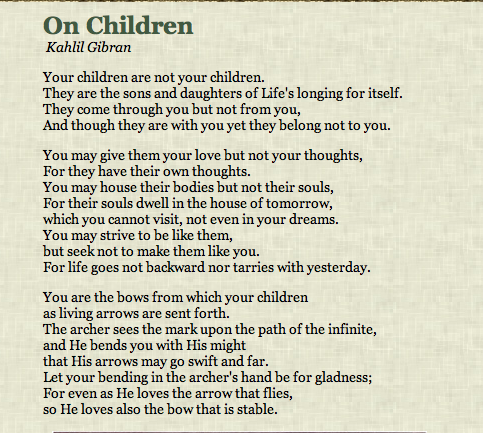
SEASON 1 EPISODE 8
January 23rd at 10 AM PT/ 7 PM CET
We are all ageist. What to do about that?
WITH MIRIAM VAN GROEN
We invited Miriam into our series “Conscious Ageing” in order to include better the perspective of younger people who are not yet necessarily interested in topics around older age.
But Ageism is present in all ages and it is wonderful when younger people get conscious about that long before they would be subject to the social expectations which older people meet.

STREAMED LIVE HERE on January 23rd 2017
HEIDI’S INTRODUCTION
Miriam Van Groen is one of our younger guests in this series which is about Age, Aging and consciousness. When we invited her to think about the concept of “AGEISM” she was shocked about the extent of its presence, mainly unnoticed and unacknowledged in every day’s life, but nonetheless present in its often very destructive power.
We don’t want to install a set of rules for political correctness towards age and older people, but we want to invite you to become conscious of how much we judge people, not only by race and sex, but also by age,
MIRIAM WRITES
We are all ageist. Fortunately, we can practice being more inclusive.
The world around us is changing fast: its structures (information and social media, technology and science, environmental stress, changing demography) and cultures, and peoples’ behaviors and (limiting) beliefs about what meaning a certain age carries. Like gender and race, age is an attribute that can be gauged by looking at someone. This means it is especially likely to be a factor in our assessment of them, linking their imagined age to certain traits we associate with it.
As a person who is still considered to be relatively young (well, depending on who you ask ;-)), I have had a blind spot for looking at the world through the lense of age. Once I started noticing more, I realised all age groups are biased towards each other. Some assumptions we have about each other are helpful, while others: probably not so much. Any ‘ism’ means having a fixed, limited view of reality. That could hamper our connections and our (accelerating) evolution. The unpredictability of developments in our complex (and complicated) societies, means we will all need to be as open as possible to be able to respond to and influence those developments in a helpful way.
The starting point for recovering from our ageism is to accept we have it. From there we can begin to imagine ourselves as having different ages, for instance by moving our bodies in different ways. We can connect with people of different age groups and be curious about their experience of age, also on the intersection of gender and race. We can step into the role of our age (a child is learning and discovering, a young person is doing and making, a middle aged person is leading, an old person dispensing wisdom), while holding it lightly: a younger person can have wisdom, an older person can be flexible, 60 is the new 50, etc.
During this call I will share my own journey and some exercises to help us have more empathy and freedom when it comes to our own and others’ age.
ABOUT MIRIAM VAN GROEN
Miriam van Groen was a university teacher for 7 years after studying International Development. As a teacher she included as much Integral Theory as she could in her lectures and workshops.
After burning out, she now gives Circling workshops (a fast-growing we-practice or ‘relational meditation’) and 1-on-1 sessions that help people discover and inhabit more of themselves with gentleness, while deepening their connections to others and the world. She loves exploring the body as a source of wisdom and catalyst for change.
AUTHOR WEBPAGES
AUTHOR RESOURCES
Relevant publications
Working with the body in training and coaching by Mark Walsh
free e-book via http://embodiedfacilitator.com/ebook/
The Art of Circling – by Bryan Bayer
AUTHOR RECOMMENDS
Miriam’s shares an excerpt of Khalil Gibran– chapter ‘On Children’ from “The Prophet“.




Leave A Comment